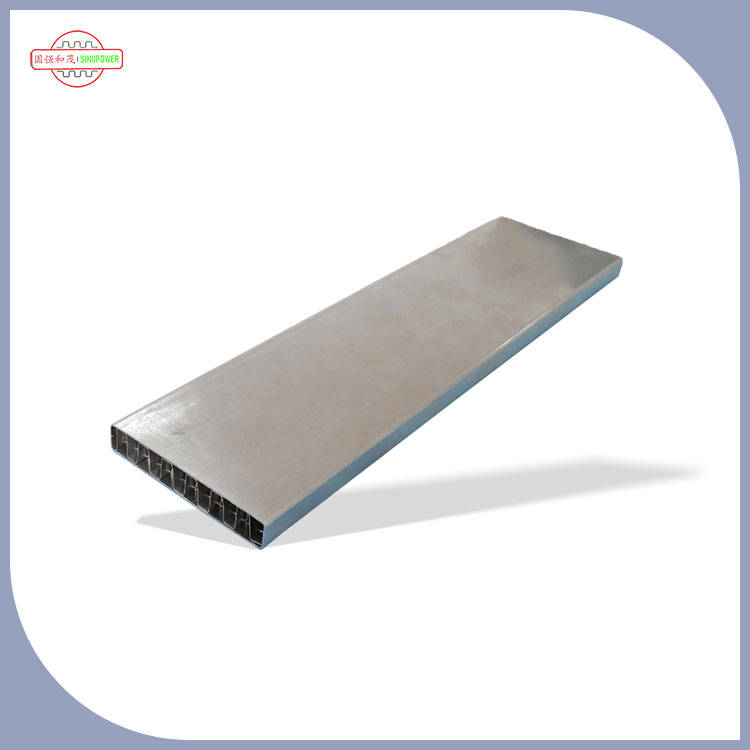Rectangular tubes are typically made using a variety of manufacturing processes, including extrusion, welding, and rolling. These processes involve shaping metal or other materials into a hollow rectangular profile that meets specific size and strength requirements. The choice of technique depends on the material and the intended use of the tube.

In extrusion, a billet of metal is heated to a malleable state and then forced through a die to create a continuous profile. The die has the shape of the rectangular tube, allowing the material to form the desired cross-section as it exits. Afterward, the tube is cooled and cut into the required lengths. This method is often used for materials like aluminum and copper, providing high precision in dimensions and a smooth surface finish.
Welding is a common technique used for producing rectangular tubes, especially when creating tubes from flat metal sheets or plates. In this process, the metal plates are first cut to the desired size and then welded together along the seams to form a hollow tube. The tube is then further processed to ensure smooth edges and uniform thickness. This method is commonly used for steel and stainless steel tubes, offering excellent strength and durability.
Rolling involves passing metal through rollers to shape it into a rectangular form. This process is often used for producing large quantities of rectangular tubes with consistent thickness. The rolling technique provides high efficiency and uniformity, making it ideal for applications that require long, straight tubes. This method is particularly common in the production of steel and aluminum tubes.
Quality control is an essential part of the manufacturing process for rectangular tubes. Manufacturers monitor factors such as material composition, tube dimensions, wall thickness, and surface quality to ensure that each tube meets industry standards. Non-destructive testing methods, like ultrasonic testing or X-ray inspection, are often used to check for any internal defects. The use of precise tooling and automated equipment also ensures that the final product is consistent and of high quality.
Rectangular tubes can be made from a variety of materials, each suited to different applications:
- Mild Steel: Commonly used for structural applications due to its strength and affordability.
- Stainless Steel: Offers superior corrosion resistance and is used in industries where hygiene or chemical resistance is important.
- Aluminum: Lightweight and highly resistant to corrosion, ideal for aerospace and automotive applications.
- Galvanized Steel: Steel coated with zinc for extra protection against rust and corrosion.
The choice of material is influenced by the environmental conditions the tube will be exposed to and the specific requirements of the application.
Custom rectangular tubes allow manufacturers to create tubes that are precisely suited to their needs, whether it's for a specific dimension, material, or finish. Customization can involve altering the thickness of the walls, the length of the tube, or even adding special coatings to improve performance. Custom tubes are essential for industries that require specialized tubing for unique applications.
If you're looking for high-quality rectangular tubes for your business or projects, visit http://www.sinupower-transfertubes.com. We offer a wide range of rectangular tubes made with precision and reliability, available at competitive wholesale prices. Explore our selection and place your bulk orders today!